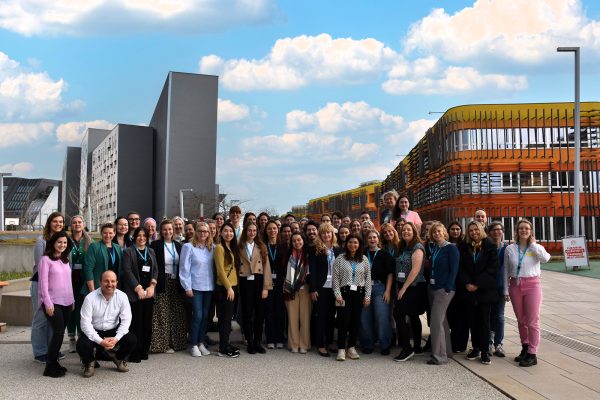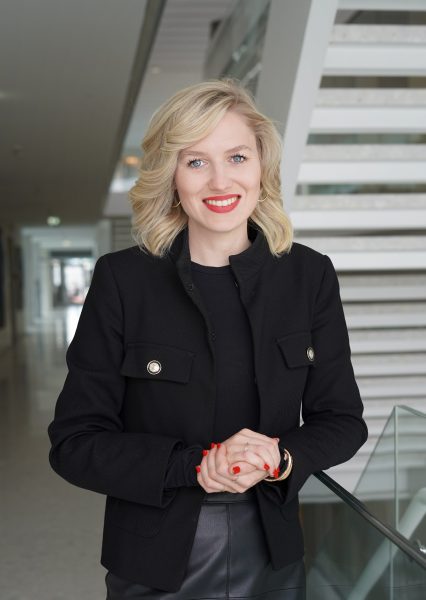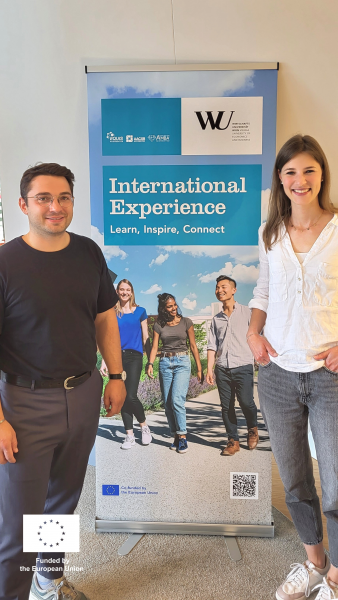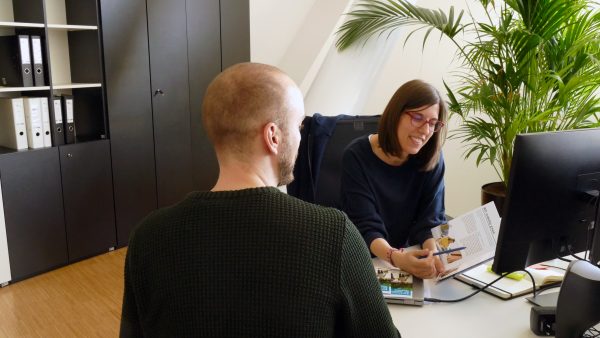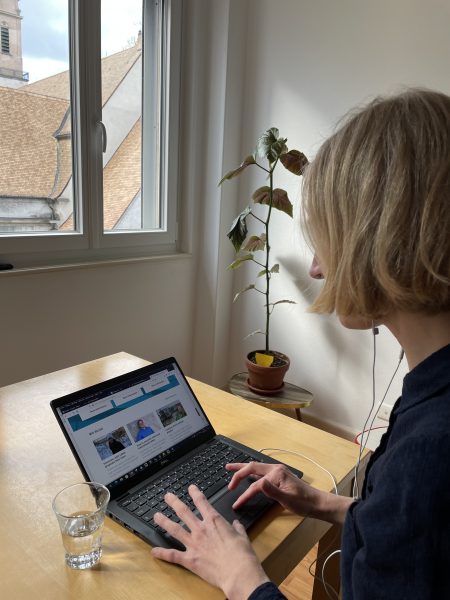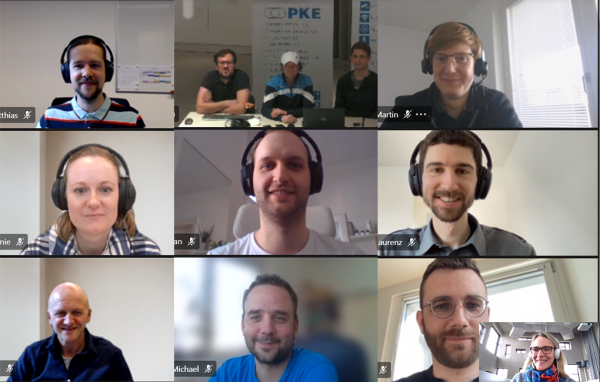Cross-Cultural Competence: This is why preparation and reflection are so important
WU students participating in a semester abroad or in an International Short Program in summer have to take the course Cross-Cultural Competence. The course content and lecturers prepare students for an international experience and teach skills that help them find their way in other cultural settings. Magdalena Berecki-Pernkopf, lecturer and coordinator of Cross-Cultural Competence, tells us why this is essential for successful exchange experience and a later international career.
WU Blog: WU offers the opportunity to prepare for an international experience abroad. What are the advantages of thorough preparation and what exactly does cross-cultural competence mean?
Magdalena Berecki-Pernkopf: Cross-cultural competence means being able to cope with unfamiliar contexts – there are the components of knowledge, willingness and ability. The first component is about knowledge of host cultures and relevant social issues with a sociocultural dimension. The points of willingness and ability are about engaging with new perspectives and implementing openness, empathy, flexibility, curiosity and the ability to reflect. It is also important to adapt to different norms and conventions and to cope with challenges constructively.
All of this will be strengthened in the course, which prepares students for a stay abroad. The goal is that students start their experience abroad with a high level of prior knowledge and are more aware and reflective of new experiences.
WU Blog: Preparation is one important part, another one is reflecting on the experience. Which tips do you have for students who want to look at their exchange experience from a retro perspective?
Magdalena Berecki-Pernkopf: Ideally, reflection already begins during the stay abroad. Based on cross-cultural preparation and the related methods to examine experiences, a constant process of reflection can take place. After the stay abroad, it is useful to look at experiences from a distance and to ask oneself questions like: What did I learn during the stay abroad? How did I deal with challenges? What will I take with me for the future? A valuable tip would be to exchange thoughts with fellow students.
WU Blog: In the professional world, internationality and a global mindset are highly demanded. Why is that and how can you stand out with cross-cultural skills?
Magdalena Berecki-Pernkopf: Diversity and networking are an integral part of today’s professional world, with networking also taking place across borders. At the same time, VUCA is on everyone’s lips. This term describes an environment that is characterized by volatility, uncertainty, complexity and ambiguity. Employees with high cross-cultural competence can prove their worth, as they are able to cope with unfamiliar contexts and empathize with different points of view. In professional situations, this helps immensely to act constructively.
WU Blog: Can you explain how the course Cross-Cultural Competence typically works?
Magdalena Berecki-Pernkopf: In the semester before the exchange, students attend a course that is specifically designed for the target region of their stay abroad. In blocked sessions, lecturers teach theoretical basics of cross-cultural competence and create spaces for students to try out what has been learned. Working with simulations, case studies, and discussions invites students to sharpen their own perceptions and to put their own behavior to the test. Also, students work on a culture-specific topic in the context of a group project, which they then present in the course.
WU Blog: What would you like to share with students who don’t have any international experience yet and are thinking about applying for an exchange?
Magdalena Berecki-Pernkopf: Applying for a semester abroad or even an international short program abroad is a personal decision that depends on individual circumstances as well as on time and financial resources. If these circumstances allow it, then this is a unique opportunity to look beyond and to get to know new perspectives – both in terms of academics and personally.
At the same time, the destination should be chosen consciously: Be aware of your medium- and long-term goals and research academic focus areas of partner universities.
For those who currently do not see the possibility of a stay abroad: It is not necessary to go to another country to gain cross-cultural and international experience. Take advantage of the many opportunities at WU. Participate in courses with an international or cross-cultural focus. The International Summer UniversityWU, the Tandem Learning Program, or the Erasmus Buddy Network are some of my additional recommendations. Dare to leave your comfort zone and make new experiences!
Stay on top of international topics – It is worth visiting channels of the International Office:
Website / Instagram














